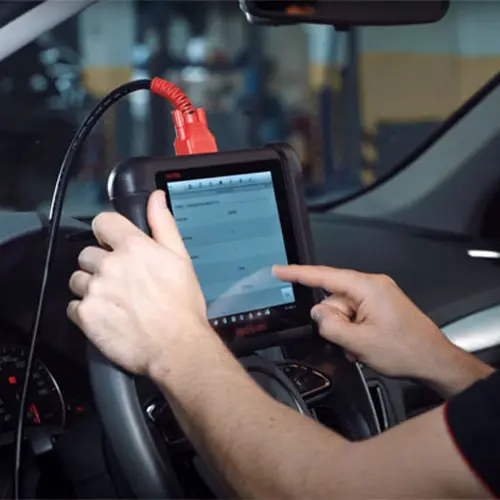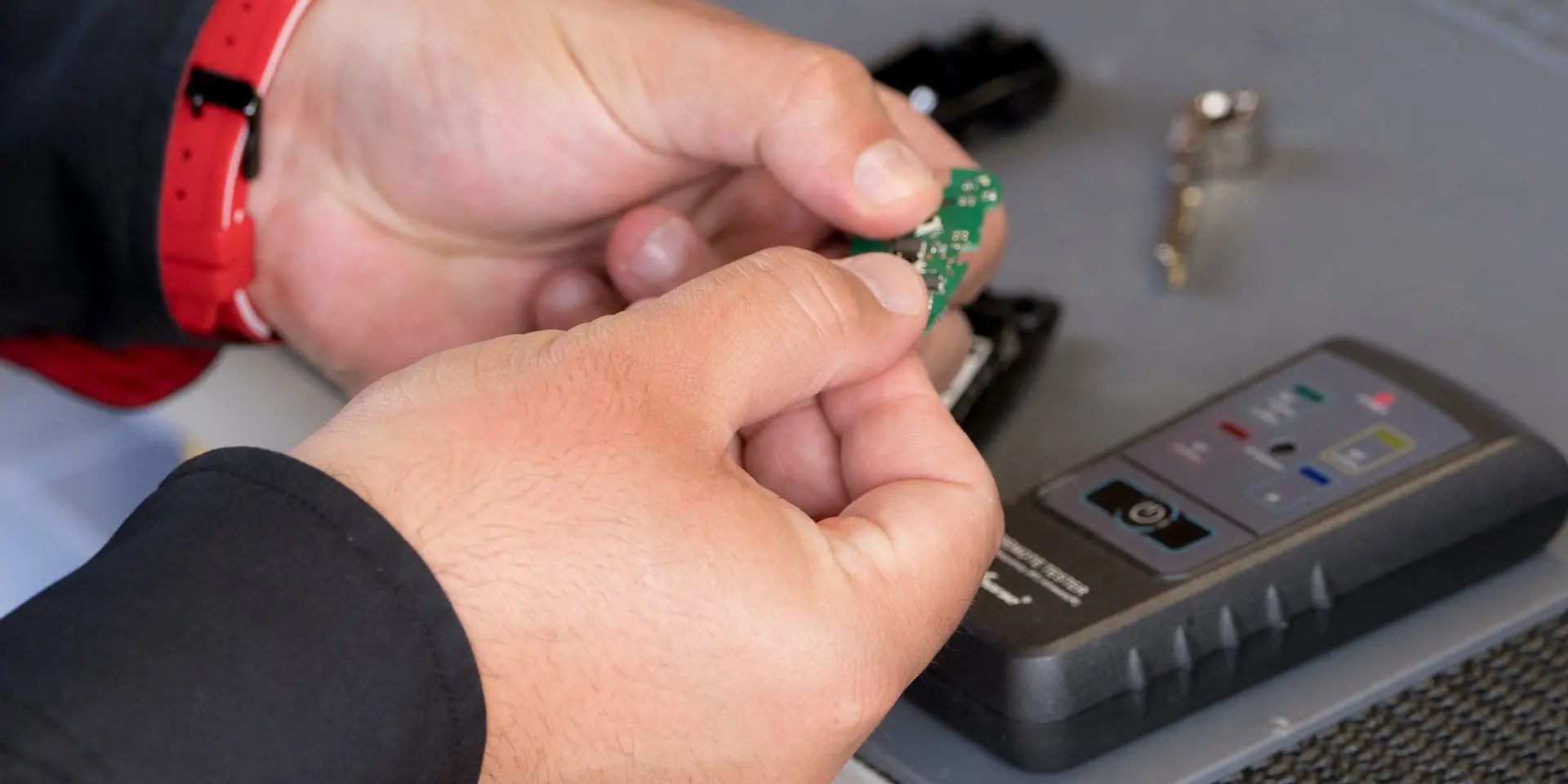What's The Job Market For Vehicle Lock Repairs Professionals?
페이지 정보

본문
Vehicle Lock Repairs: Ensuring Safety and Security
In a world where vehicle theft and burglaries prevail, guaranteeing that a vehicle's locking mechanism is operating efficiently is necessary for both safety and security. Vehicle lock repairs encompass a series of repairs and maintenance treatments that resolve concerns associated to locks and ignition systems. This post provides an overview of the kinds of vehicle lock concerns, signs of breakdown, repair options, and preventative measures while likewise responding to some regularly asked concerns.

Comprehending Vehicle Lock Mechanisms
Vehicle locks use various mechanisms that vary among makes and models. The main parts of a vehicle lock system generally include:
- Key Cylinder: The part where the key is placed.
- Locking Bolt: Engages and secures the door when locked.
- Latch Assembly: Holds the door closed but can be disengaged when unlocking.
- Ignition Lock: Secures the ignition system of the vehicle.
Each of these components can be vulnerable to wear and tear or unexpected failure, causing lock-related problems.
| Component | Description | Common Issues |
|---|---|---|
| Key Cylinder | Accepts the key to operate the lock | Key jams, problem turning the key |
| Locking Bolt | Mechanism that protects the door when locked | Bolt misalignment, stuck bolt |
| Latch Assembly | Engages and disengages to secure the door | Broken lock, inappropriate function |
| Ignition Lock | Secures the ignition to begin the vehicle | Key will not turn, ignition failure |
Signs of Lock Malfunction
Vehicle owners ought to be alert for signs that their lock systems might be stopping working. Some common indications of lock problems consist of:
- Difficulty Inserting Key: If the key does not quickly fit into the cylinder, there may be particles inside or wear happening within the cylinder.
- Stuck Key: A key that gets stuck while turning can suggest internal damage or misalignment.
- Locked Door Will Not Unlock: If a door refuses to unlock, it might be due to a malfunctioning locking bolt or lock.
- Unusual Noises: Grinding or clicking sounds while attempting to lock or unlock the door can indicate structural issues in the locking system.
- Faulty Remote: If the key fob is not reacting, the problem may lie not just with the fob's battery however might likewise point towards concerns in the lock receiver in the vehicle.
Fixing Vehicle Locks
Handling a vehicle lock issue can be complicated, and while some repairs can be tackled in the house, others may need expert help.
Do it yourself Repairs
Some small lock issues can be fixed without the assistance of a mechanic. Here are a couple of examples:
- Lubrication: Regularly use a silicone-based lube to key cylinders and locks to avoid sticking.
- Tidy the Key: Dirt on the key can trigger jamming in the key cylinder. Clean keys with rubbing alcohol to get rid of dirt or residue.
- Inspect the Battery in the Remote: For remote key fobs, validate that the battery is practical by testing it with another vehicle or having it replaced.
Expert Repairs
For more significant issues, expert repairs may be required. Typical professional services consist of:
- Key Replacement: If the key is lost or damaged, a locksmith can produce a new key or rekey the lock.
- Reprogramming Key Fobs: Sometimes the remote needs to be reprogrammed to sync with the vehicle's receiver.
- Comprehensive Lock Replacement: In extreme cases, entire locking mechanisms may need replacement due to harm or use.
Preventative Measures
To extend the life expectancy of vehicle locks and prevent concerns, consider the following preventative measures:

- Regular Maintenance: Periodic evaluation and lubrication of locks can prevent future malfunctions.
- Prevent Excessive Force: Handling keys and doors gently can minimize use on locking mechanisms.
- Right Away Address Issues: If issues arise, addressing them without delay can prevent additional damage and more costly repairs.
Frequently Asked Questions
Q: How do I know if my vehicle lock needs repair?A: Look for indications such as trouble placing the key, odd noises, or the door failing to lock or unlock. Q: Can I repair a stuck lock myself?A: Simple issues such as lubrication might
be resolved in the house; nevertheless, complicated problems usually need experts. Q: How much does it cost to repair a vehicle lock?A: Costs can vary commonly based upon the concern and vehicle type. Basic repairs might begin around ₤ 50, whereas lock replacements can cost numerous hundred dollars. Q: What must I do if I lose my car key?A: Contact a locksmith or your dealer for a replacement key. They might require your vehicle identification number (VIN )to develop a new key. Q: Are aftermarket keys as dependable as initial keys?A: Aftermarket keys can be less reputable than OEM keys, as they may not abide by the exact same specs and quality requirements.
Maintaining the integrity of a vehicle's lock system is
critical for total security and safety. By acknowledging the indications of a breakdown, carrying out proper repairs, and implementing preventative measures, vehicle owners can prevent the hassle and potential risks connected with lock issues. Ensuring that locks operate appropriately improves not only the vehicle's safety but likewise the comfort of its owner.
- 이전글What's Next In Treadmill UK 25.07.19
- 다음글10 Things We Do Not Like About Buy European Driving License Online 25.07.19
댓글목록
등록된 댓글이 없습니다.
